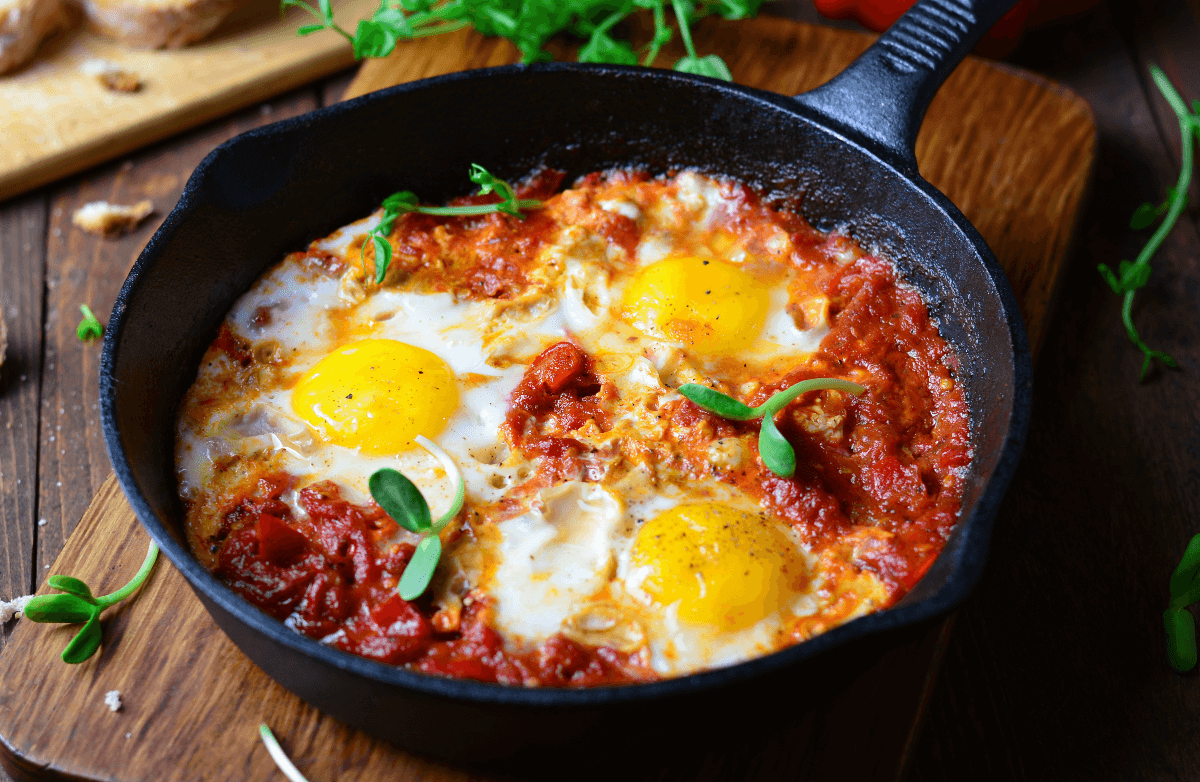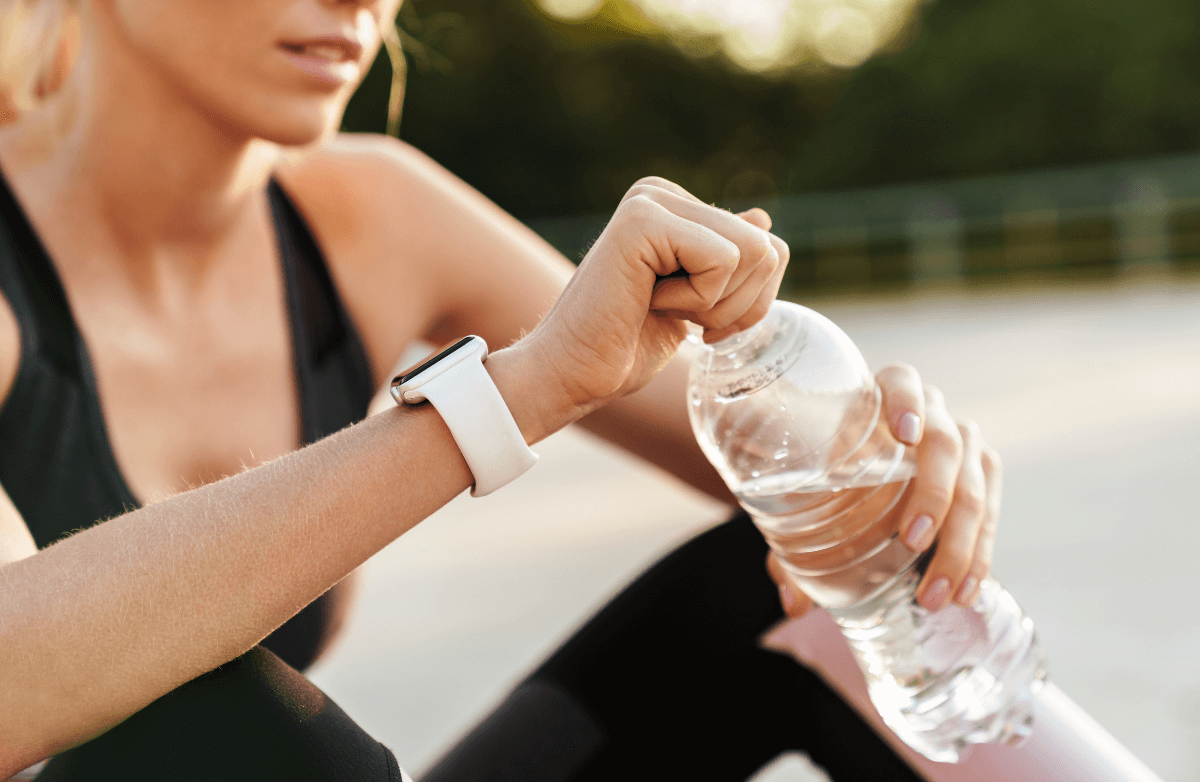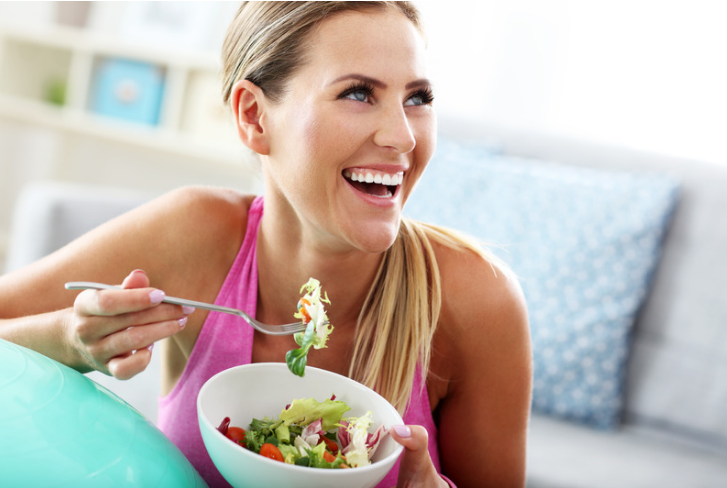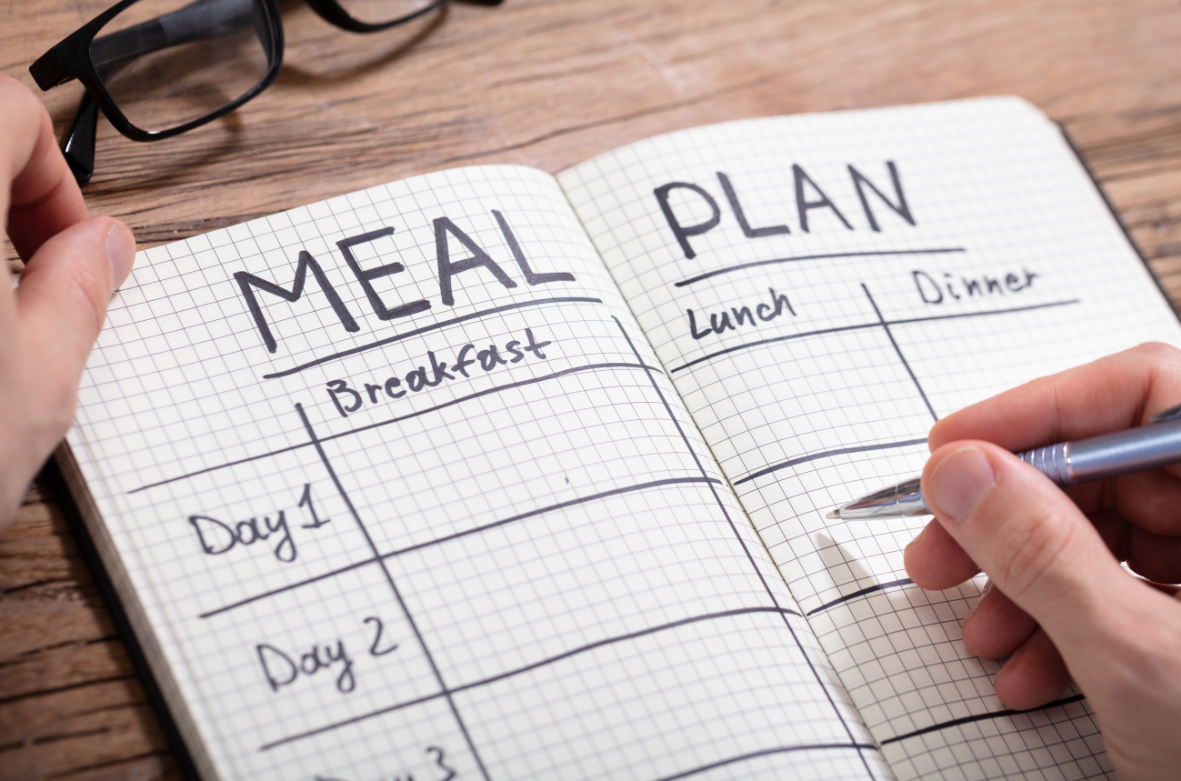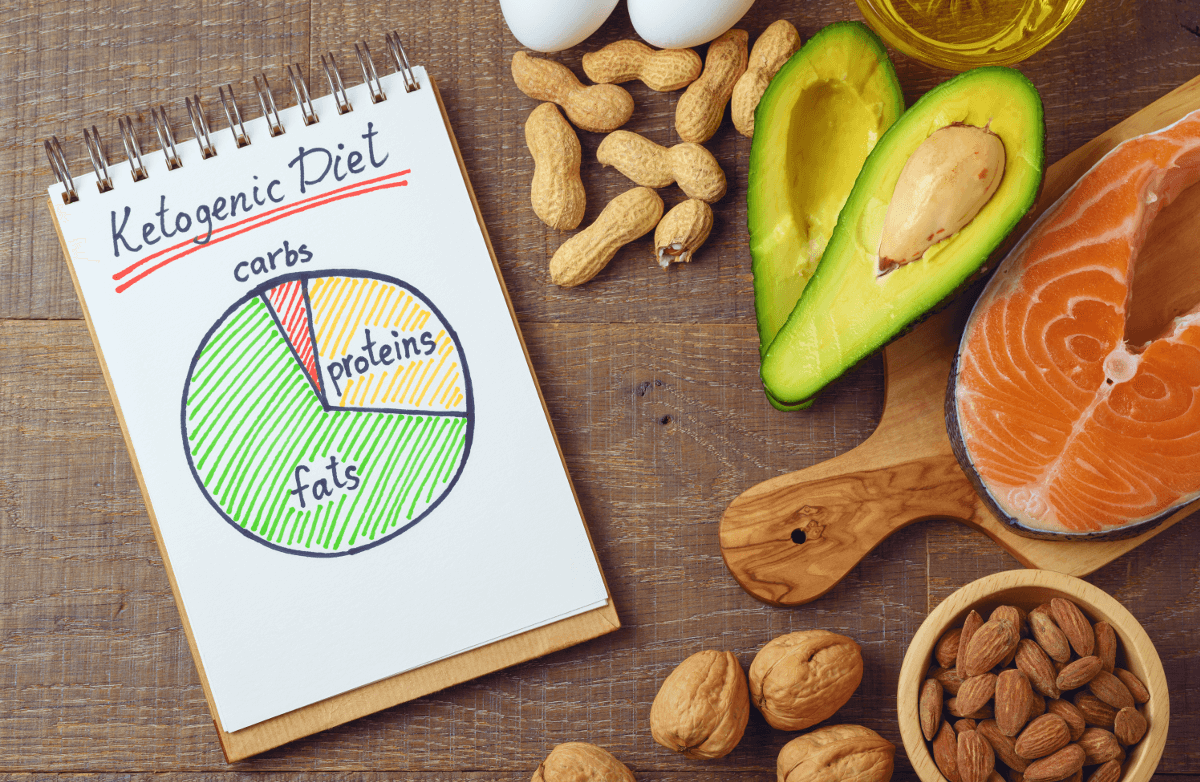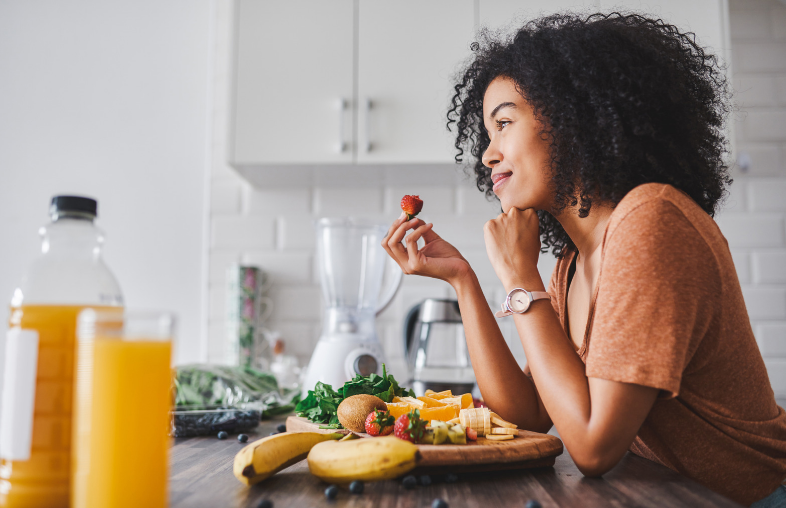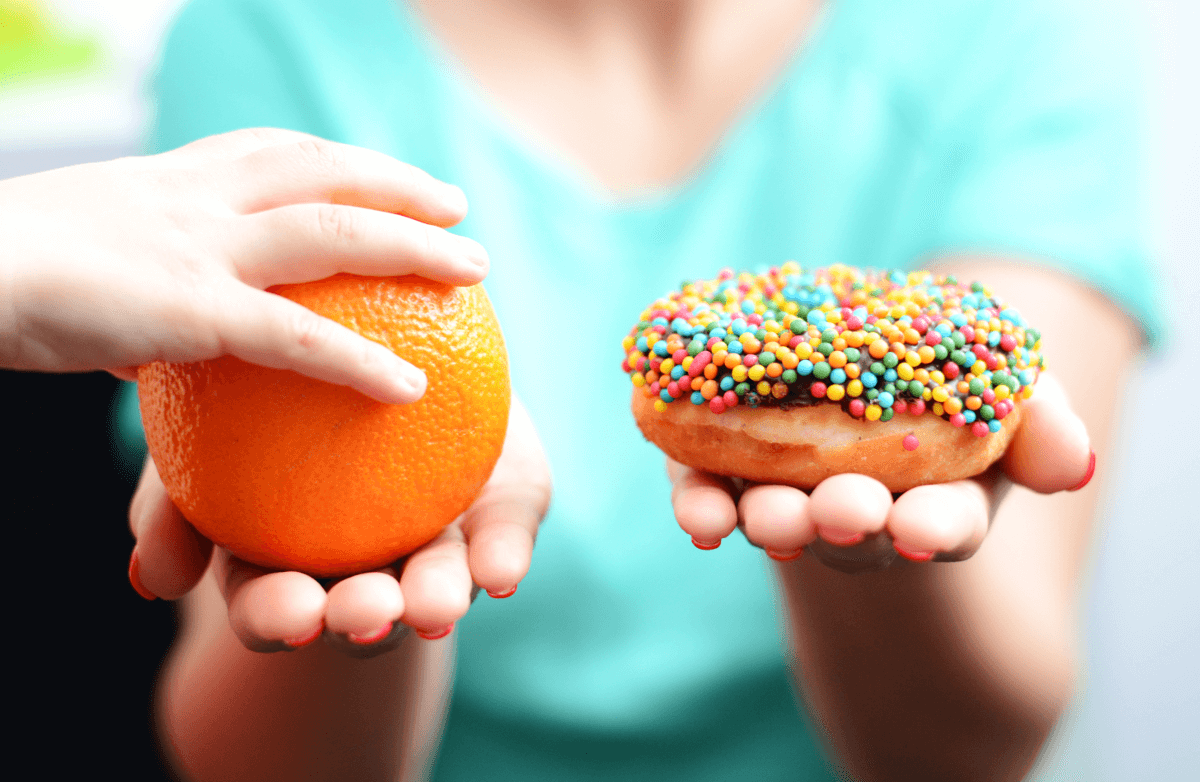Pregnancy is an exciting and powerful journey, and what you eat plays a huge role in supporting both your health and your baby’s development. As a health coach, I often get asked, “What should I eat to have a healthy pregnancy?” The good news is, you don’t need to follow a perfect diet—you just need a thoughtful, balanced approach that meets your changing needs.
Whether you’re newly pregnant or in your third trimester, here’s how to fuel your body with confidence, care, and intention.
1. Focus on Nutrient-Dense Foods
Your body is working hard, and it needs a steady supply of essential nutrients, especially:
Folate (folic acid) – Crucial for fetal brain and spine development. Load up on dark leafy greens, lentils, avocados, and fortified whole grains.
Iron – Needed for healthy blood flow and to prevent anemia. Include lean meats, beans, lentils, and iron-fortified cereals. Pair with vitamin C (like citrus or bell peppers) to boost absorption.
Calcium & Vitamin D – Help build strong bones and teeth. Think dairy, fortified plant milks, leafy greens, and eggs.
Omega-3 fatty acids – Support brain development. Choose low-mercury fish like salmon, walnuts, chia seeds, and flaxseeds.
Protein – Your needs increase during pregnancy, so aim to include quality sources like poultry, tofu, beans, eggs, or Greek yogurt at every meal.
2. Balance Your Plate
The “eating for two” myth often leads to overconsumption, but pregnancy is more about quality than quantity. Here’s a simple formula to follow:
1/2 your plate: Vegetables and fruits (think colorful, seasonal, and fresh)
1/4 of your plate: Whole grains (brown rice, oats, quinoa, whole wheat)
1/4 of your plate: Protein-rich foods
Include a daily serving of dairy or dairy alternatives: Aim for 3 cups a day to support your baby’s growing bones—this can include milk, yogurt, cheese, or fortified plant-based milks.
A small serving of healthy fats: Olive oil, avocado, nuts, or seeds
Hydration is key, too—aim for 8–10 cups of water daily (more if you're active or it's hot outside).
3. Snack Smart
It’s normal to feel hungry more often during pregnancy! Instead of reaching for ultra-processed snacks, try:
Apple slices with almond butter
Greek yogurt with berries and granola
A small smoothie with spinach, banana, and chia seeds
Whole-grain toast with avocado
A hard-boiled egg and a handful of nuts
These keep your blood sugar steady, your energy up, and your baby well-fed.
4. Know What to Limit or Avoid
Pregnancy comes with a few “no-go” foods to protect you and your baby:
Avoid: Raw fish, undercooked meat/eggs, unpasteurized dairy or juices, deli meats (unless heated), and high-mercury fish (like shark or swordfish).
Limit: Caffeine to 200 mg per day (about one 12-oz coffee)
Skip: Alcohol—there’s no safe level during pregnancy
If you have morning sickness, heartburn, or other symptoms, your needs may shift. Be gentle with yourself, and reach out to a registered dietitian or your doctor for personalized support.
5. Listen to Your Body—and Be Kind to Yourself
Your body is incredibly wise. Some days you’ll crave salad; other days it might be toast and crackers only—and that’s okay. Eating well during pregnancy is about nourishing yourself, not stressing over every bite.
A Tip from Your PeopleOne Health Coach: Aim for progress, not perfection. Focus on whole foods, stay hydrated, rest when needed, and don’t hesitate to ask for help. You’re growing a human. That’s a big deal.
Final Takeaway:
Healthy eating during pregnancy isn’t about following a strict set of rules—it’s about tuning in, fueling up, and supporting yourself during one of the most amazing transitions of your life. With a balanced plate, mindful choices, and a little flexibility, you’re giving your baby a strong start—and taking great care of yourself in the process.




